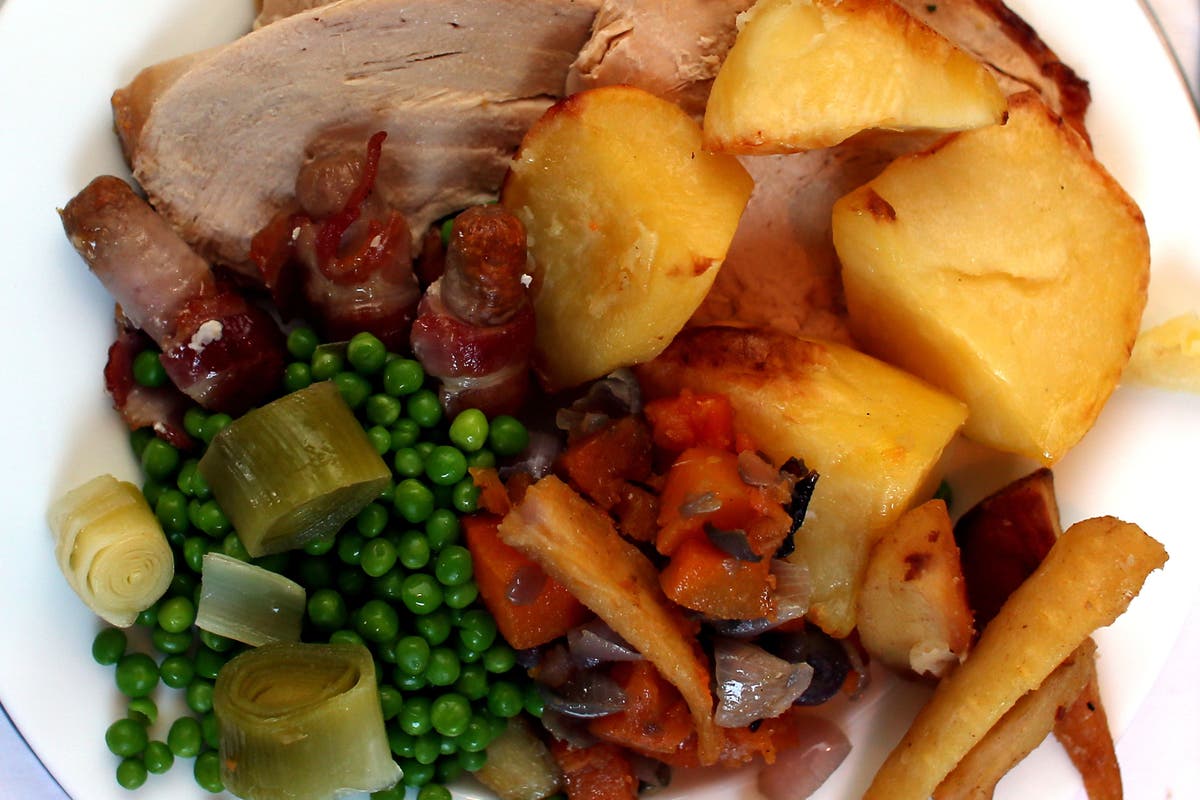Junk foods like samosas, burgers and chips are high in fat.
By adopting principles like nutritious meals, limiting junk food, regular exercise, and reducing screen time, parents and children can establish a foundation for good health
Childhood obesity is a global concern with numerous consequences on current and future. As per WHO’s March 2024 report, “Over 390 million children and adolescents aged 5–19 years were overweight in 2022, including 160 million who were living with obesity across the world.” Several factors influence obesity such as high consumption of sugary beverages, fast food, increased screen time, no physical activity etc. However, with dietary modifications, lifestyle changes and regular exercise, this problem can be solved effectively.
Dr Sriram Bonu, MBBS, MD (Paediatrics), DM(Neonatology), Apollo cradle and children’s Hospital, Marathahalli, Bangalore shares some tips to manage and prevent childhood obesity:
Promote Nutritious Eating Practices
It is crucial to have a nutritious diet to tackle the issue of obesity. The emphasis needs to be put more on a variety of food options that are good for children like fruits, vegetables, whole-grain products, and lean meats. It is advisable to avoid items containing high amounts of sugar and fats as it can lead to obesity or worsen the situation for those going through it. Guiding children about nutrition and nutritional food and engaging them in meal preparation activities will help them learn more about nutrition and promote healthy eating habits.
Promote Regular Physical Activity
Regular physical activity is essential for maintaining a healthy body weight, enabling individuals to perform exercises effectively. Encourage children to engage in at least sixty minutes of moderate to vigorous physical activity daily, such as cycling, swimming, sports, or walking. Reduce screen time and promote active play and running. To make physical activity enjoyable and ensure children embrace it, involve the entire family in the process.
Encourage a supportive environment
Creating a conducive home environment is crucial in preventing childhood obesity. Set realistic expectations for children, encourage goal-setting, and celebrate small achievements. Focus on health rather than weight. Families should adopt healthier habits together to support each other.
Educate and Empower
Raising awareness among children and parents is key to combating childhood obesity. Integrate nutrition and exercise education into children’s lives. Involve children in decision-making about food and physical activity to promote healthier choices.
Seek Professional Help
If a child’s obesity becomes severe, seek help from doctors, nutritionists, and child psychologists. They can offer individualized consultation and create a plan tailored to the child’s needs, considering any health complications for better sustainability.
By adopting principles like nutritious meals, limiting junk food, regular exercise, and reducing screen time, parents and children can establish a foundation for good health. Practical weight control for children involves a comprehensive approach, including a healthy diet, physical activity, a supportive environment, education, and professional help. These tips can help parents support healthy weight management in children, laying the groundwork for a healthy life.















































